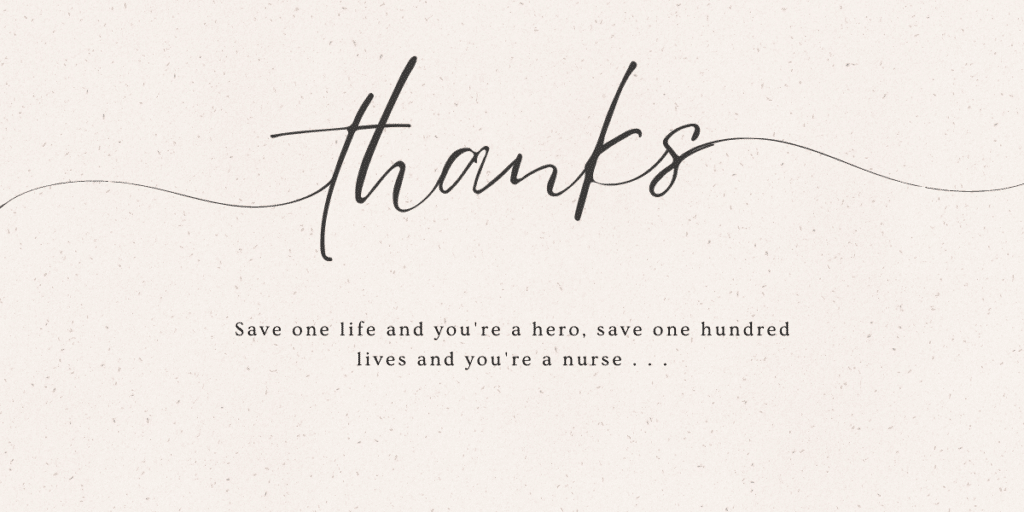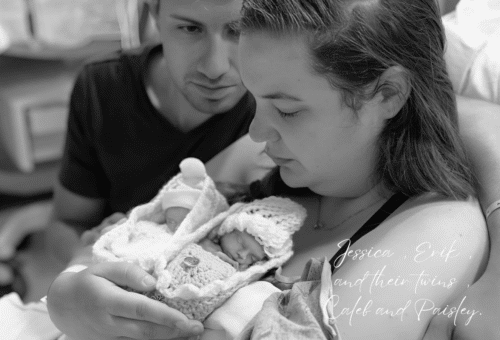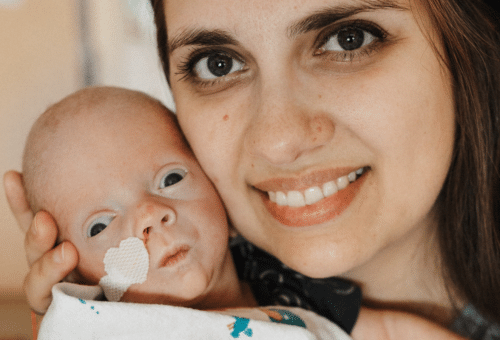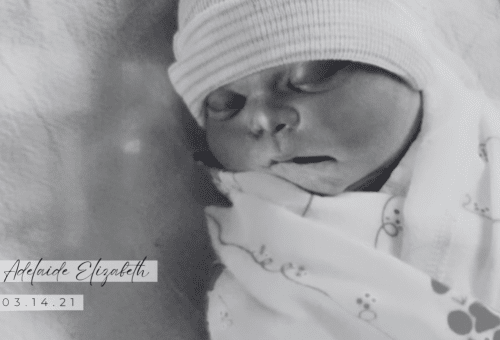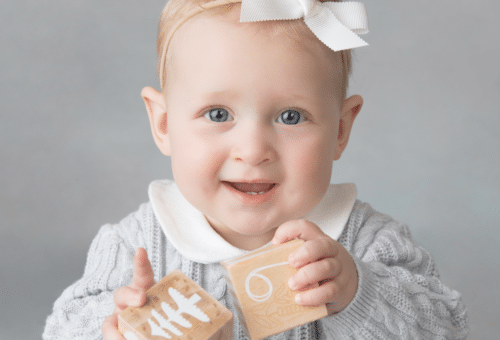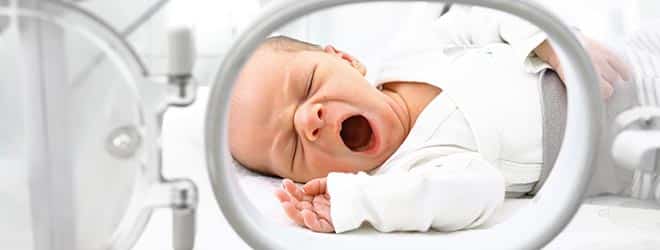
The NICU Nurse . . .
The neonatal intensive care unit (NICU) nurse is a healthcare professional on the front lines of a uniquely intense and ever-changing environment. Needless to say, no two shifts are ever the same and typically an uneventful one is a good one. No matter how stable the situation or bright the outlook, a NICU nurse must always remain alert, ready to react at a moment’s (or a monitor’s) notice.
A complex environment . . .
Receiving a patient hand-off at the start of the shift, I notice that one of my charges is a new admission, so I immediately decide to introduce myself. Welcoming a baby into the world can be overwhelming at the best of times and a stay in the NICU certainly doesn’t help matters. At a time when everything is unfamiliar, I strive to serve as a constant ally. For me, that starts with demystifying what can only be described as a complex environment.
Following introductions, I provide a general overview of the NICU as well as the various electrodes, lines and tubes supporting their little one. This helps alleviate some of the fear for new parents. All those wires? They are not nearly as scary as they look – promise. Before diving any deeper, I suggest (pro tip alert!) that the parents use a notebook or their phone to keep track of information and any questions that arise. There’s so much to take in that it’s easy to forget things. Fortunately, most patients find knowing they have a record to look back on helps relieve anxiety and boosts their confidence.
Nurse and baby whisperer . . .
Launching into the newborn’s health assessment, I demonstrate how to participate in everything from taking the baby’s temperature to changing their diaper, soothing, and talking to them. It’s a little like “Baby Bootcamp” – or at least that is what I’ve been told!
As you can imagine, every family’s situation is unique, as are their specific needs and choices. While it’s important to understand and respect this, explaining and encouraging which things will benefit their baby’s health (as well as mom’s) is a large part of my role. Very often, both the advantages of breastmilk and kangaroo care are top of the NICU nurse’s list.
For those who are unfamiliar, kangaroo care is a method of holding a baby that involves skin to skin contact. Typically wearing just a diaper, the baby is placed upright against mom or dad’s bare chest. Simple as it may sound, this method boasts well-documented benefits for all babies while proving particularly beneficial for premature and medically fragile infants. More than bonding, frequent skin to skin contact helps to regulate the baby’s body temperature, breathing, heart rate and weight gain. It can also lead to an increase in mom’s breast milk supply. Speaking of which . . .
Optimal nutrition? It’s critical
Optimal nutrition is fundamental for the growth and health of every baby. However, it is critical for those with underdeveloped and/or compromised immune systems. Readily absorbed and tolerated, the nutrients within breast milk not only support growth but reduce the frequency and severity of certain infections.
In fact, the use of human milk, instead of formula, for preterm babies decreases the risk of them developing necrotizing enterocolitis (NEC) by almost 80%. A potentially life-threatening infection of the gut, NEC primarily affects fragile babies including those being cared for in the NICU. Tragically, thousands in the US are diagnosed with this complex condition every year and many die. Establishing breastfeeding can, however, take days or even weeks for some – especially in the case of a preterm birth.
It is largely for these reasons that most US-based NICUs now have human donor milk (widely considered the next best option after mom’s own milk) from non-profit milk banks like Mothers’ Milk Bank Northeast. With little public awareness, most parents first learn about this safe and effective feeding alternative in the NICU. Today, mom’s sense of relief is palpable. With donor milk providing a “bridge” to breastfeeding, she now has time to work alongside our lactation specialists to increase her milk supply.
A sacred space for every nurse . . .
With caring and advocating for these new parents and their precious newborn being my first priority, I can see it’s time for a rest. Having made sure they are comfortable; I begin tending to my other patients. The next few hours are spent preparing feeds, administering medication, verifying orders, running tests, and educating families on their baby’s diagnosis.
As you can imagine, every milestone (no matter how big or small) is reason to rejoice and every disappointment or loss is felt just as deeply. Throughout it all, the NICU nurse is there for the family but there’s no denying the toll this can take. Enjoying a few moments of silence in the break room, I realize just how “sacred” a space this really is. Offering us the chance to recharge, refuel, laugh, and sometimes cry, alongside supportive colleagues, it’s both much needed and appreciated.
It’s easy to understand why some describe working in the NICU as a calling. Is it challenging? Yes. Rewarding? Absolutely. But oh, what a gift it is to make a positive difference in the life of a newborn . . .
A special note of thanks to Colleen Cummings who not only contributed this piece but has spent many years caring for our tiniest community members.
